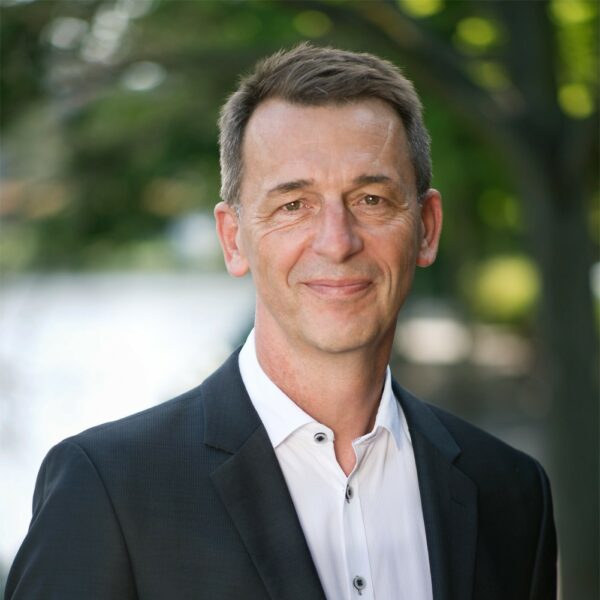We are pleased to share with you that Robert Bosch Stiftung recently agreed to support the Leave No One Behind Partnership. The support agreement will see €150.000 between July 2020–June 2021 go towards making the most marginalised voices heard and count in sustainable development goals achievement, ensuring no one is left behind.
Specifically, the money will seed fund some of our national level LNOB projects in Bangladesh, India, Kenya, or Nepal. In addition, it will advance our global level work on the development of online data tools and capacity building for our country team. This work is being co-led by our partners from IISD and Development Initiatives.
The Leave No One Behind partnership was launched in late 2017 as a partnership of 12 international civil society organisations (ICSOs). In 2018, the partnership set up national coalitions in 5 pilot countries (Bangladesh, India, Kenya, Nepal and Vietnam). The partnership further brings together national NGOs and civic platforms, as well as community-based organisations with the goal of making the voices of marginalised groups heard and count in the implementation of the Sustainable Development Goals (SDGs). The partnership puts marginalised communities at the forefront of its project design: they are involved in generating monitoring data at the local level. Partners in the action countries have entered into a dialogue with local and national governments, aiming for the official recognition of this data to make it a source of public planning. Marginalised communities are empowered to take part in this dialogue, enabling them to address their needs and challenges face-to-face with authorities.
Between 2020 and 2022, the partnership wants to scale up its activities, globally promoting the use of community-driven data and other unofficial data sources in the SDG context, and establishing additional communities of action at country level. To underline the universality of the promise to “leave no on behind”, collaborative action with a focus on marginalised communities will also take place in countries of the ‘global north’. By 2022, partners aim to have jointly reached 100.000 people with the project, helping to making their voices heard and count.
Clemens Spiess, Program Director Inequality, Robert Bosch Stiftung
“Generating community-driven data on marginalized groups and feeding the data into dialogues with local and national governments and the international community is a necessary step to make the implementation of the Sustainable Development goals more effective and more inclusive. As Robert Bosch Stiftung, we see the efforts made by the Leave No One Behind Partnership not only as a crucial building block for creating a knowledge base to tackle inequality more effectively, but also to increase the visibility of those most affected by inequality thus making voices heard and count in a true sense.”
The Robert Bosch Stiftung GmbH is one of Europe’s largest foundations associated with a private company. In its charitable work, it addresses social issues at an early stage and develops exemplary solutions. For this purpose, it plans and implements its own projects. Additionally, it supports third-party initiatives that have similar goals. The Robert Bosch Stiftung is active in the areas of health, science and research, education, active citizenship, as well as international understanding and cooperation.
To hear more about the Leave No One Behind partnership and its Making Voices Heard and Count project in the pilot countries, contact Peter Koblowsky, Senior Partnership Manager at pkoblowsky@icscentre.org.
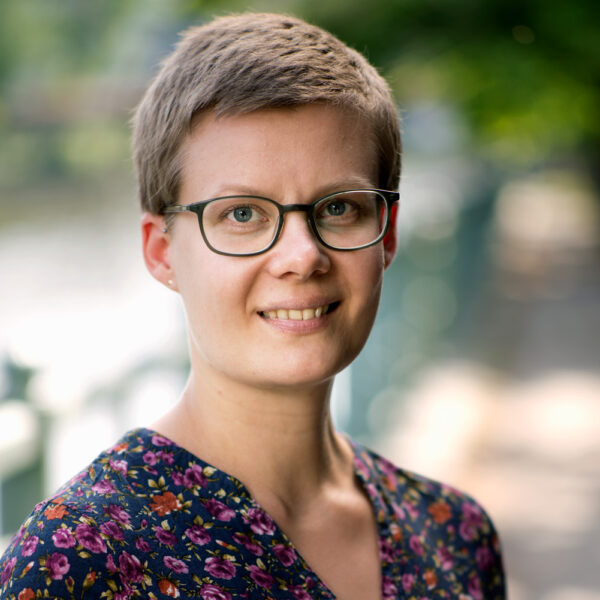


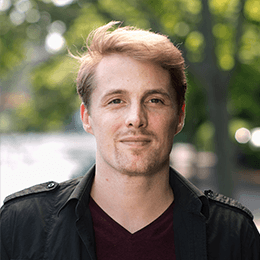
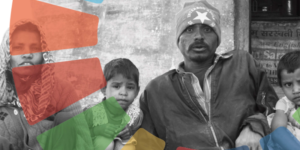
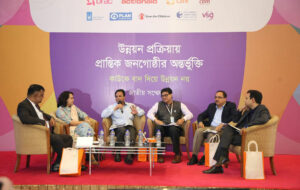
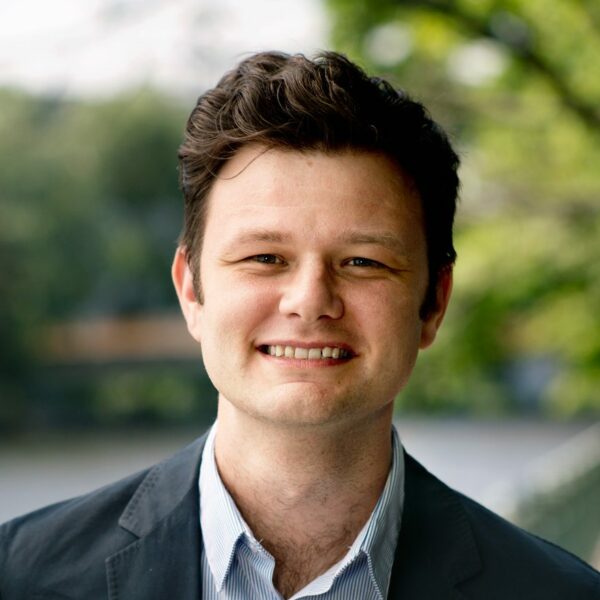



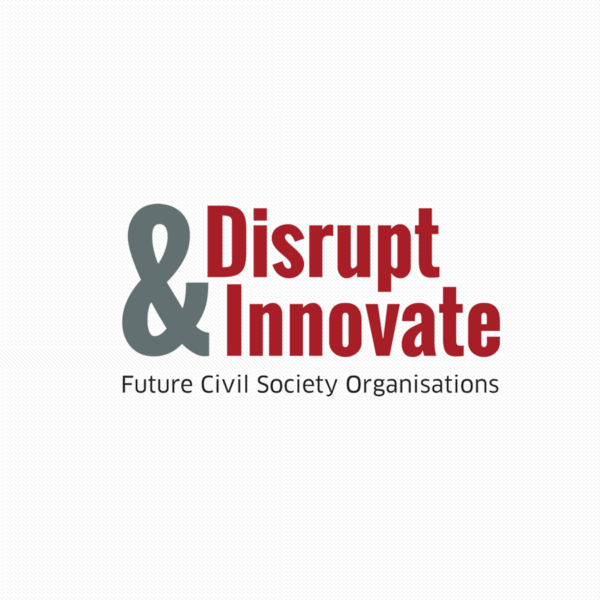
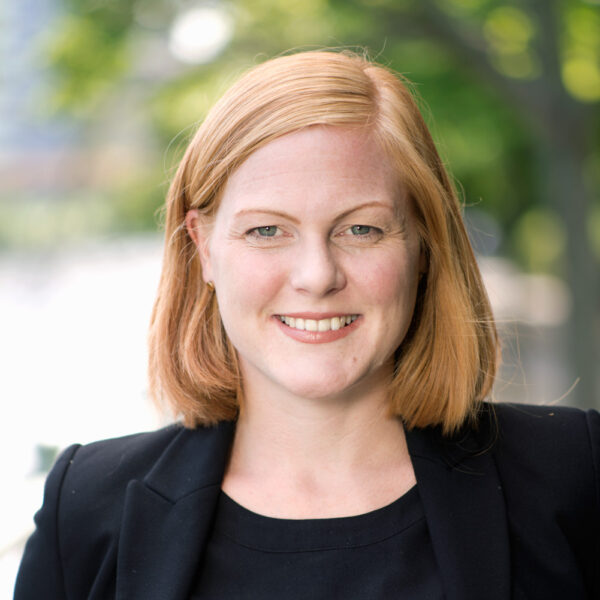
 Wolfgang Jamann, International Civil Society Centre Executive Director, said:
Wolfgang Jamann, International Civil Society Centre Executive Director, said: Peter Koblowsky, Leave No One Behind Project Manager, said:
Peter Koblowsky, Leave No One Behind Project Manager, said:

